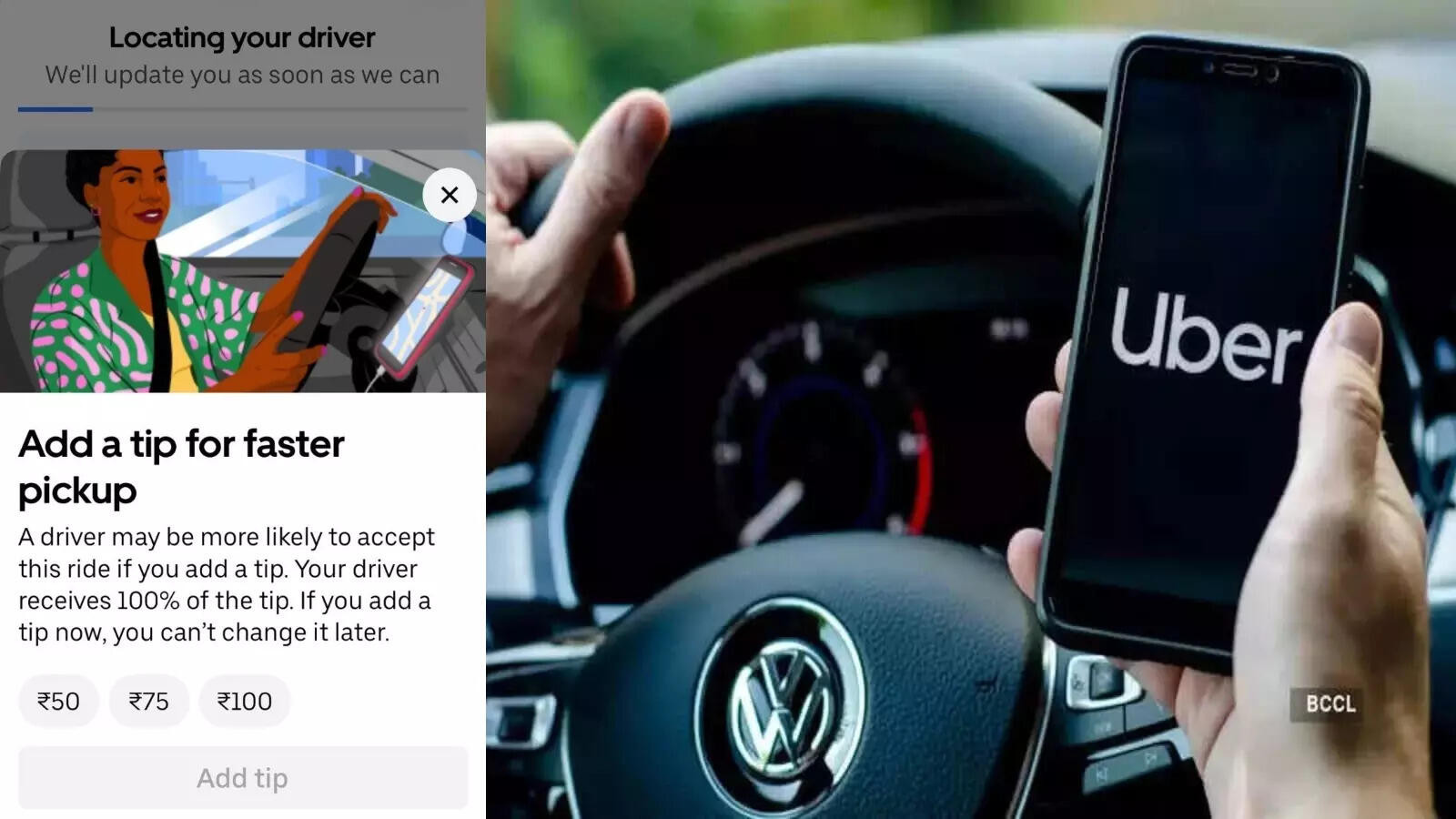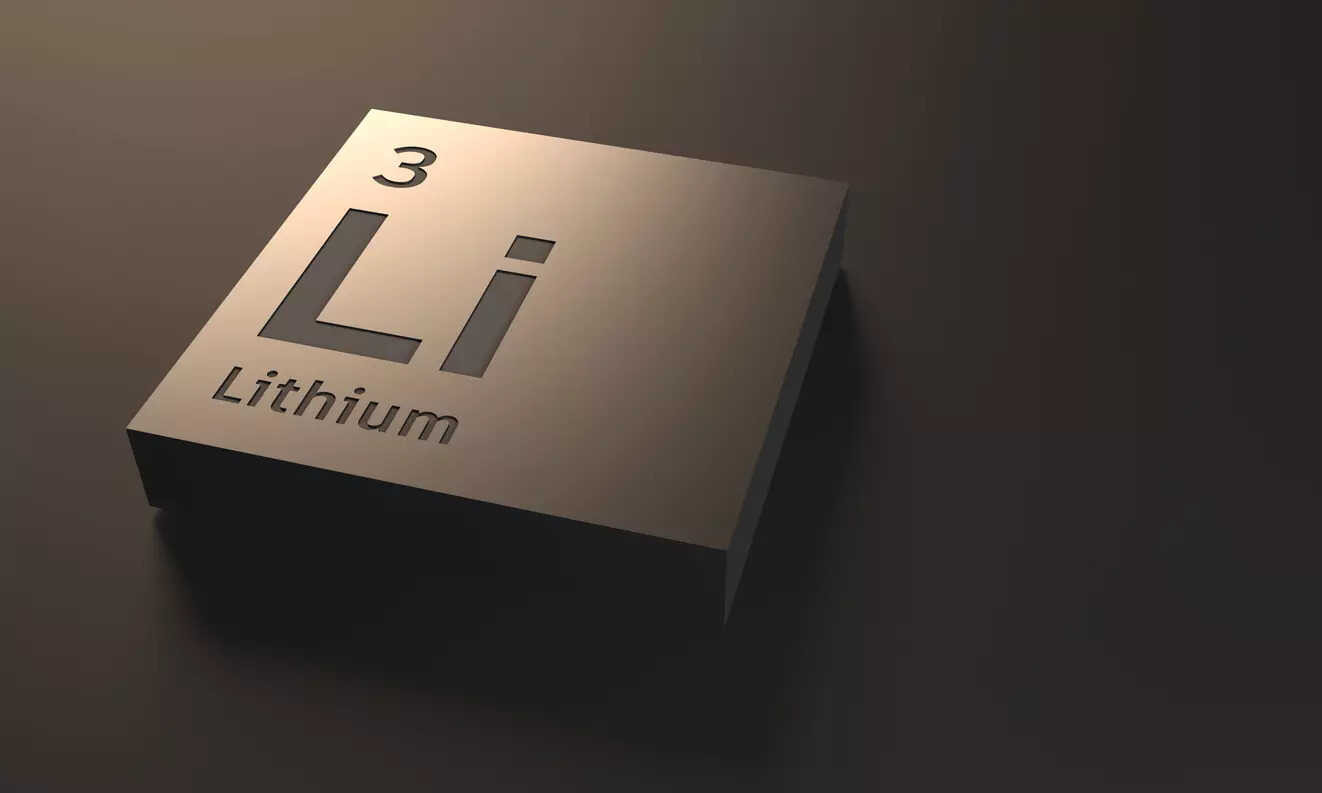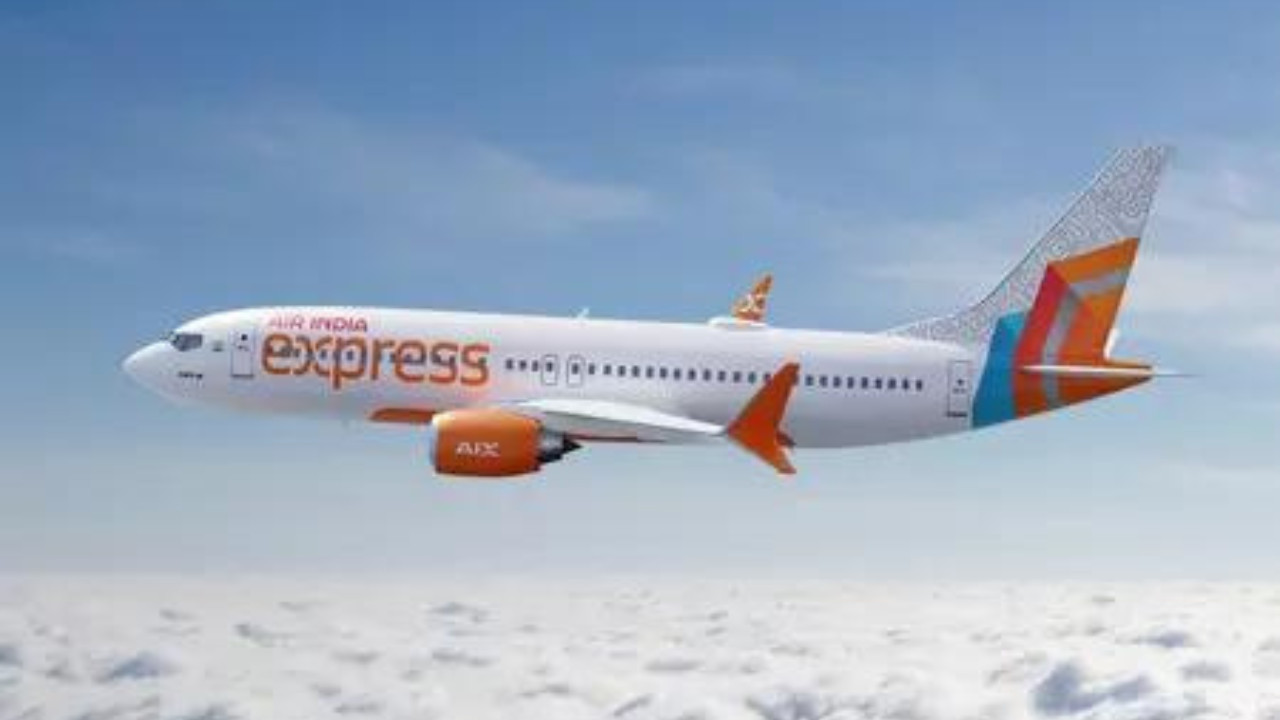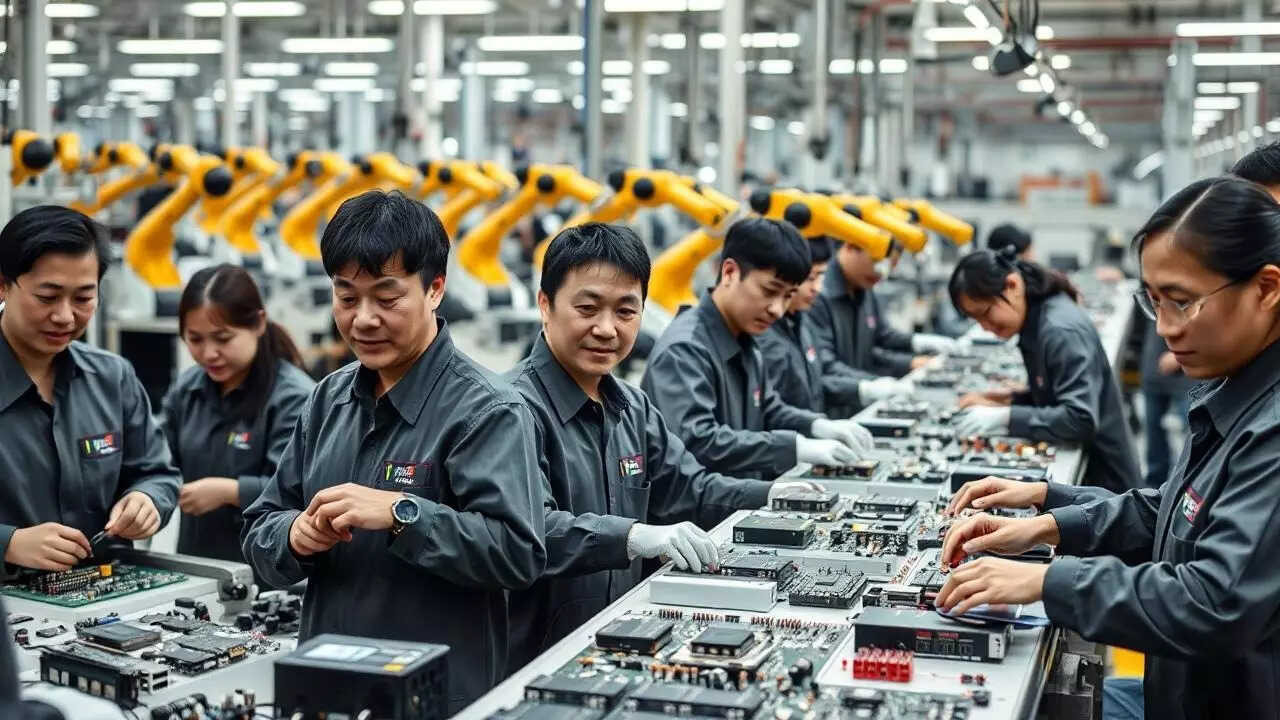Uber’s Tipping Gambit: Is It a Reward, or a Subtle Fee?
Okay, let’s talk Uber. We all use it, right? Or at least, we have used it. It’s become such a ingrained part of modern life that discussing it feels like discussing the weather – ubiquitous, occasionally frustrating, and always fluctuating in price.
But lately, the conversation around Uber has been heating up, and it’s not just about surge pricing during rush hour. The Consumer Protection Agency (CCPA) has just thrown a curveball into the ride-hailing mix, sending a notice to Uber regarding their “advance tipping” feature. Now, on the surface, it seems straightforward enough: you tip your driver before the ride, seemingly incentivizing them for a quicker pickup. Sounds innocent, doesn’t it? A little extra motivation for speedy service?
Well, that’s where things get interesting. The CCPA isn’t buying that narrative entirely, and honestly, neither am I. This pre-tipping business feels a bit…off.
Let’s break it down. The idea is that by offering a tip upfront, you’ll supposedly snag a driver faster. You’re essentially saying, “Hey, I appreciate your time, even before you’ve even picked me up. Here’s a little something extra to make it worth your while.” Which, in a world where everyone is constantly competing for attention (and drivers!), is a potentially powerful tool.
But here’s the rub: isn’t the core principle of a tip based on service rendered? It’s a reward for a job well done, a “thank you” for a pleasant and efficient experience. Pre-tipping completely flips that script. It’s no longer a gratuity; it’s a bidding war. Suddenly, riders are competing with each other to offer the most enticing “incentive” just to get a ride.
The CCPA’s concern, and rightly so, is that this blurs the lines. Is Uber subtly transforming the tip into a hidden fee? Are they essentially creating a two-tiered system where those who are willing to pay extra get prioritized, while those who aren’t get left waiting (and potentially paying even more due to surge pricing)?
Think about it. In theory, Uber drivers shouldn’t discriminate based on tip amount. They’re supposed to accept rides based on proximity and efficiency. But let’s be real. If you were a driver, and you saw two identical ride requests pop up on your screen, one with a generous pre-tip and the other with nothing, which one would you choose? The human element makes it almost unavoidable to lean towards the ride that is most advantageous to you.
This isn’t just a hypothetical debate. This has real-world implications for consumers. It could disproportionately affect lower-income individuals who may not be able to afford to play the pre-tipping game. Are we creating a system where only those with deeper pockets get access to reliable transportation?
And what about the guarantee of improved service? Does pre-tipping actually result in a faster pickup? Uber claims it does, but the CCPA is requesting data to back that claim up. I suspect they’re looking for concrete evidence that pre-tipping directly translates into shorter wait times, and not just a perception of quicker service fueled by our own desire to justify the extra expense.
Beyond the tipping kerfuffle, the CCPA is also poking around Uber’s cancellation fees and ride denial policies. Are these policies transparent and fair? Are riders being penalized unfairly for cancellations that aren’t their fault? Are drivers discriminating against passengers based on destination or perceived risk? These are important questions that deserve scrutiny.
The truth is, Uber’s success has been built on disruption, but with great power comes great responsibility (yes, I went there). They’ve revolutionized the transportation industry, but they also have a duty to operate ethically and transparently. This CCPA notice is a reminder that they’re not above the law, and that consumer protection agencies are watching closely.
Ultimately, this isn’t just about Uber. It’s about the evolving dynamics of the gig economy and the need to ensure that innovation doesn’t come at the expense of fairness and accessibility. As consumers, we need to be aware of these potential pitfalls and demand transparency from the companies we rely on. And maybe, just maybe, it’s time to rethink the whole tipping culture altogether.
📬 Stay informed — follow us for more insightful updates!







